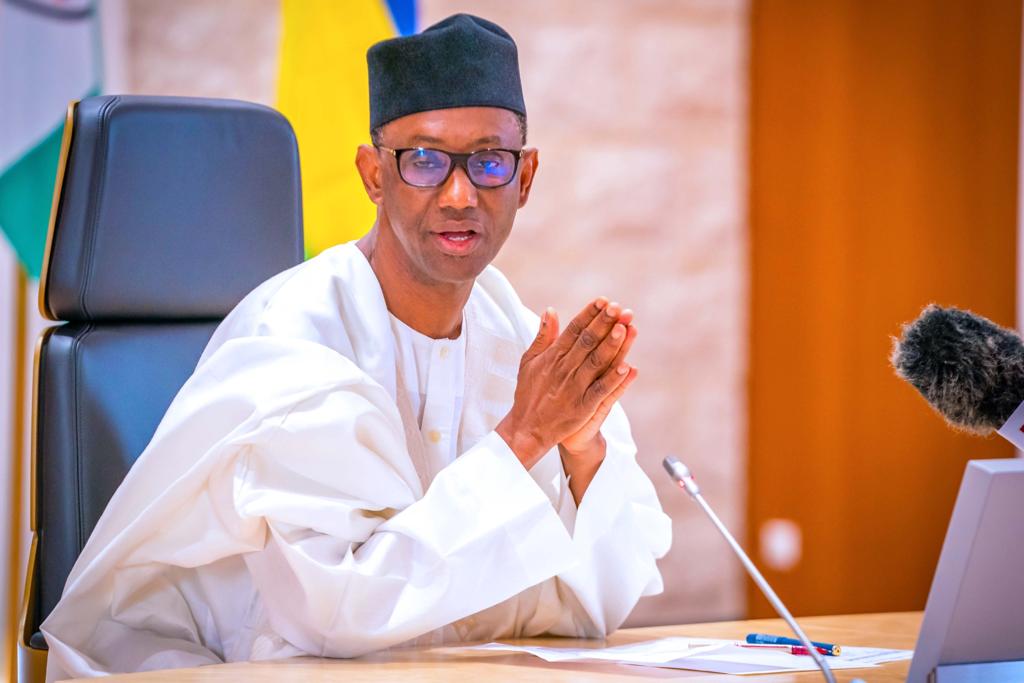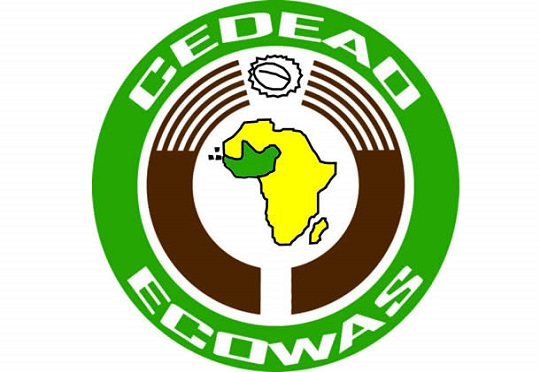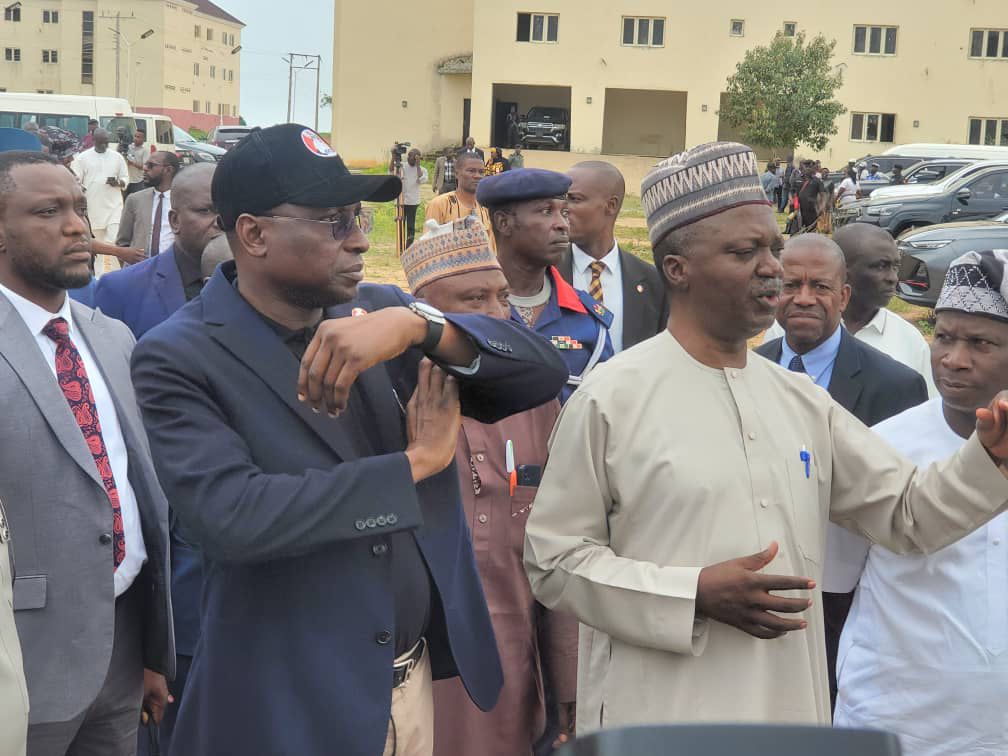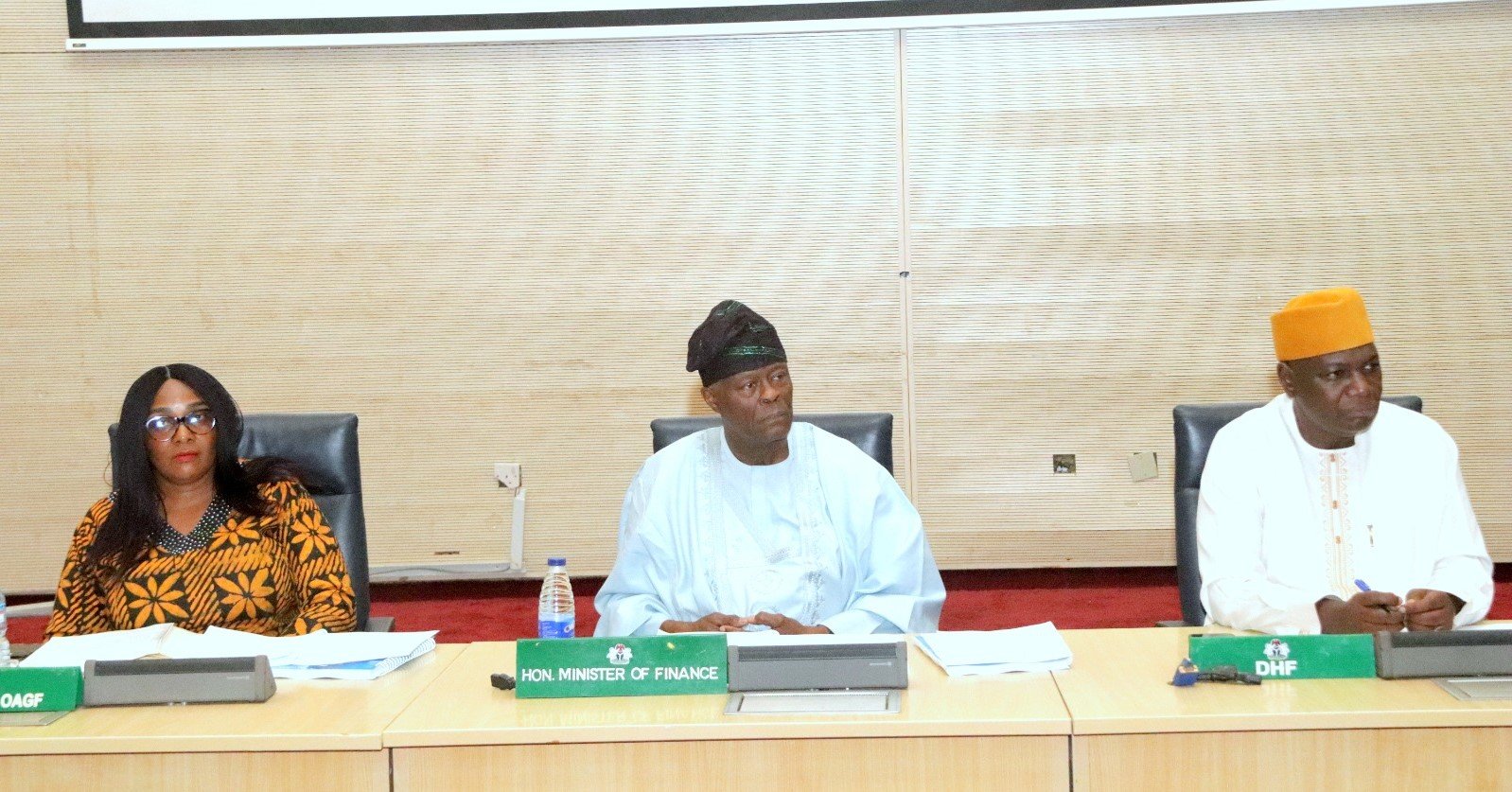Fox News Poll Shows Strong Bipartisan US Concern Over Iran as Major Threat

The escalating conflict between Israel and Iran has become a focal point of global concern, significantly impacting American public opinion and international diplomacy. Recent polling data, combined with on-the-ground reporting, paints a complex picture of a region in turmoil and a world grappling with the implications of heightened tensions.
A Fox News poll, conducted between June 13-16, 2025, reveals that a substantial 73% of registered voters in the United States perceive Iran as a major national security threat. This marks a notable 13-point increase from six years prior, indicating a growing public apprehension. The sentiment of Iran posing a threat is broadly shared across the political spectrum, with 69% of Democrats, 82% of Republicans, and 62% of Independents agreeing, all showing increases since 2019. Republican pollster Daron Shaw suggested that the timing of the survey, coinciding with images of Iranian missiles striking Tel Aviv, likely contributed to this heightened sense of risk among voters.
Despite the consensus on Iran as a threat, American voters remain sharply divided on Israel’s decision to launch military strikes against Iranian nuclear sites. The poll shows a near-even split, with 49% approving and 46% disapproving. Partisan divides are stark, as Republicans are more than twice as likely (73%) as Democrats (32%) and Independents (32%) to approve of these strikes. Furthermore, a majority of voters (59%) believe such attacks will make the world a more dangerous place, rather than safer (36%). This perception of increased peril is shared by three-quarters of Democrats (74%) and Independents (77%), and nearly four in ten Republicans (36%).
Concern about Iran's nuclear program is widespread, with 78% of voters expressing extreme or very high concern, a figure matching a high recorded in September 2010. However, when presented with a list of eight national issues, Iran’s nuclear program falls in the middle. Other domestic concerns, such as the future of the U.S. (85%), inflation (84%), and government spending (80%), rank higher in urgency. The Russia-Ukraine conflict, while still garnering significant attention, is seen as less pressing than the situation in the Middle East, with 72% considering it important to U.S. life compared to 81% for the Middle East.
Public support for financial aid also reflects partisan differences. While 53% of voters support financial aid to Israel for its military, and 56% support aid to Ukraine, the backing varies significantly by party. Seventy percent of Democrats support funding Ukraine versus 46% of Republicans, whereas 71% of Republicans favor aid to Israel compared to 43% of Democrats. Despite the perceived high stakes, there is a noted reticence among the public to become directly involved in the Middle East, reflecting a historical caution regarding such conflicts.
On the ground, the situation remains volatile. CNN reports have provided insights into the unfolding events, including senior data analyst Harry Enten's breakdown of the May poll on Iran's nuclear weapon potential and U.S. military involvement. CNN's Fred Pleitgen became the first Western journalist to enter Tehran since the conflict escalated, offering firsthand impressions. Iranian Deputy Foreign Minister Majid Takht-Ravanchi warned that Iran would take “whatever necessary” action if the U.S. intervened, a sentiment echoed by Iran’s Supreme Leader Ayatollah Ali Khamenei, who stated that American involvement in Israel’s campaign would be “100% at their loss.”
Reports indicate the intensity of the strikes, with Nick Paton Walsh detailing how the U.S. could become involved amidst continuous exchanges of fire, impacting civilians. Evidence of Iranian missile damage in Israel has been captured in social media videos, showing remnants of missiles in Ibthan and a burning bus in Herzliya. In a stark illustration of the conflict's impact, a woman gave birth to triplets in an underground section of Israel’s Rambam hospital, one of several facilities that moved operations subterraneanly due to Iranian strikes on Haifa.
A key target in Israel’s crosshairs is the secretive Fordow plant, central to Iran’s nuclear program, located in a mountain lair and enriching uranium to 60%. Attacks have also resulted in civilian casualties, as reported by Clarissa Ward from Tamra, a Palestinian village in northern Israel where an Iranian rocket struck a home, killing multiple civilians. Nic Robertson also reported from the site of a downed projectile near Tel Aviv after a fresh wave of Iranian missile strikes.
U.S. leadership actions have also come under scrutiny. President Donald Trump left the G7 summit early, citing the Middle East crisis, and publicly disputed his intelligence chief, Tulsi Gabbard, regarding the development of Iran's nuclear capabilities. Trump’s foreign policy approval rating remains mixed, with 42% approval against 57% disapproval. He also publicly criticized French President Emmanuel Macron's suggestion that his G7 departure was to work on a ceasefire between Israel and Iran, stating his return to Washington had 'nothing to do with a Cease Fire.'
The current geopolitical landscape is characterized by deep concern over Iran's regional actions and nuclear ambitions, a divided international response to Israeli military actions, and a cautious but watchful American public wary of direct involvement. The ongoing tensions underscore the precarious balance of power and the immediate need for diplomatic resolution to avert further escalation.











